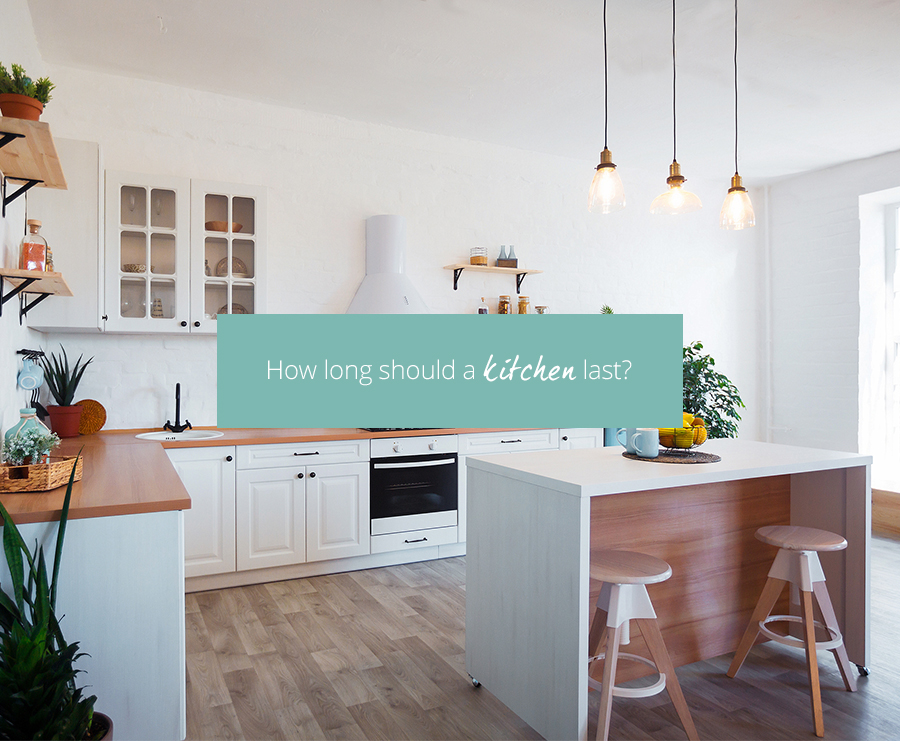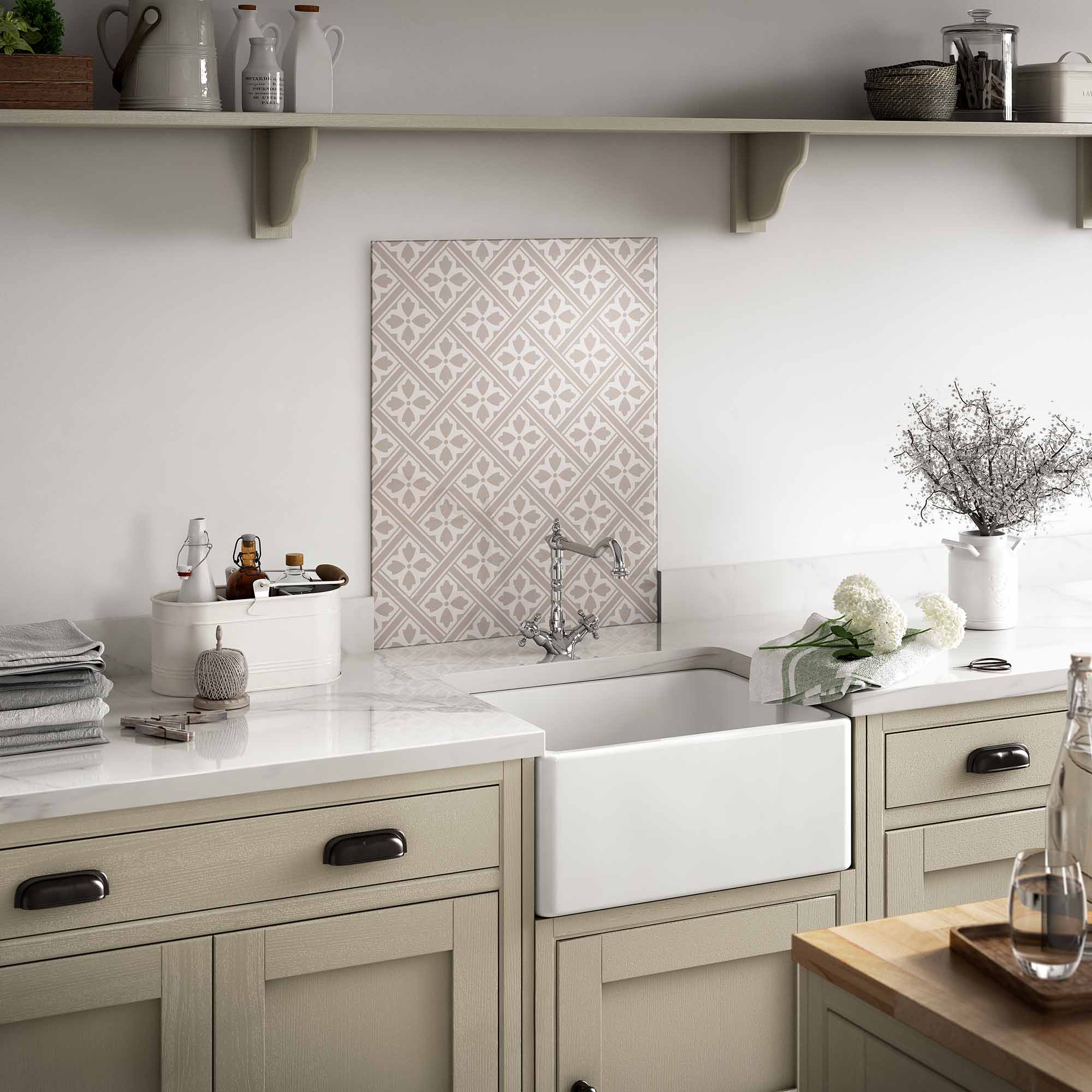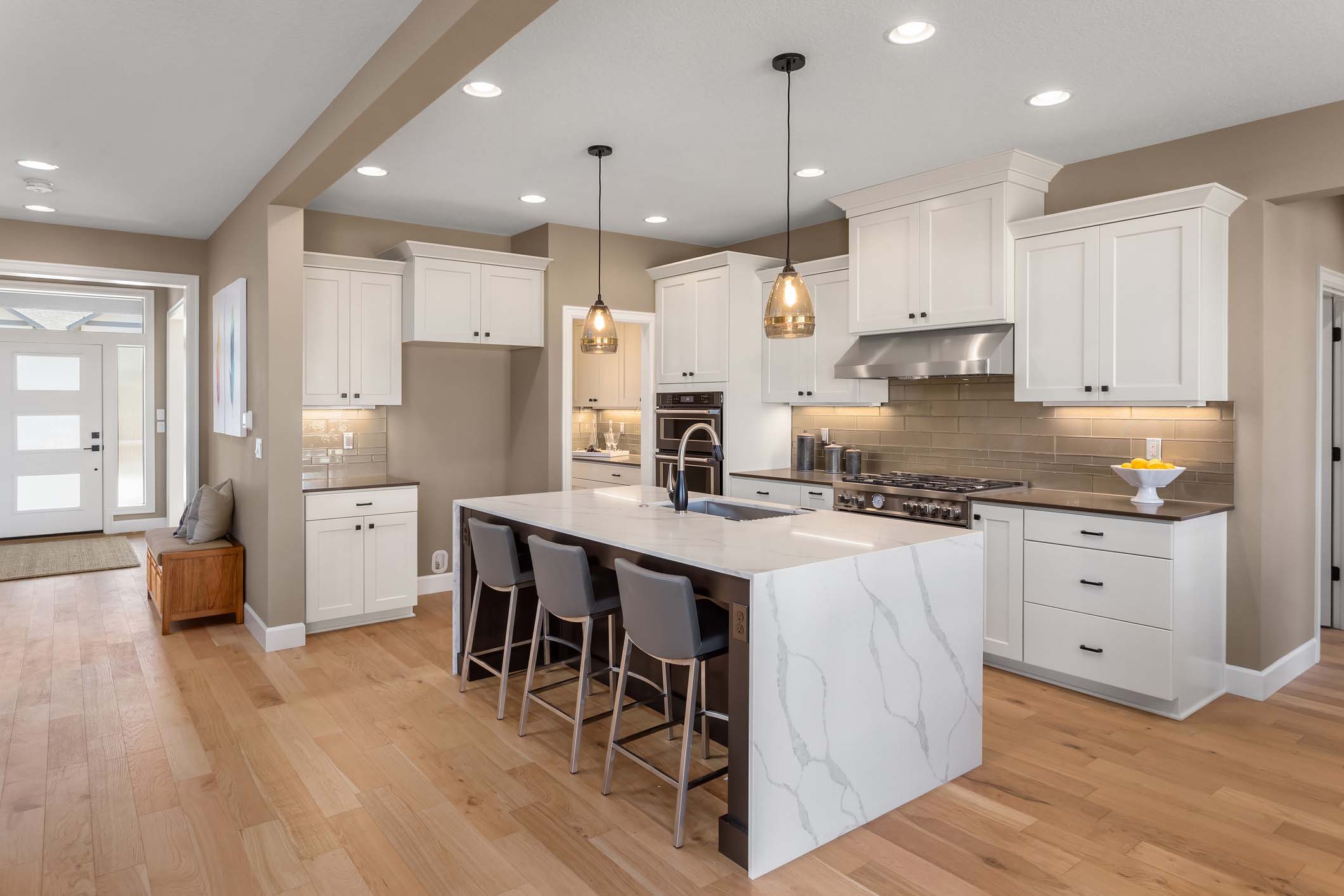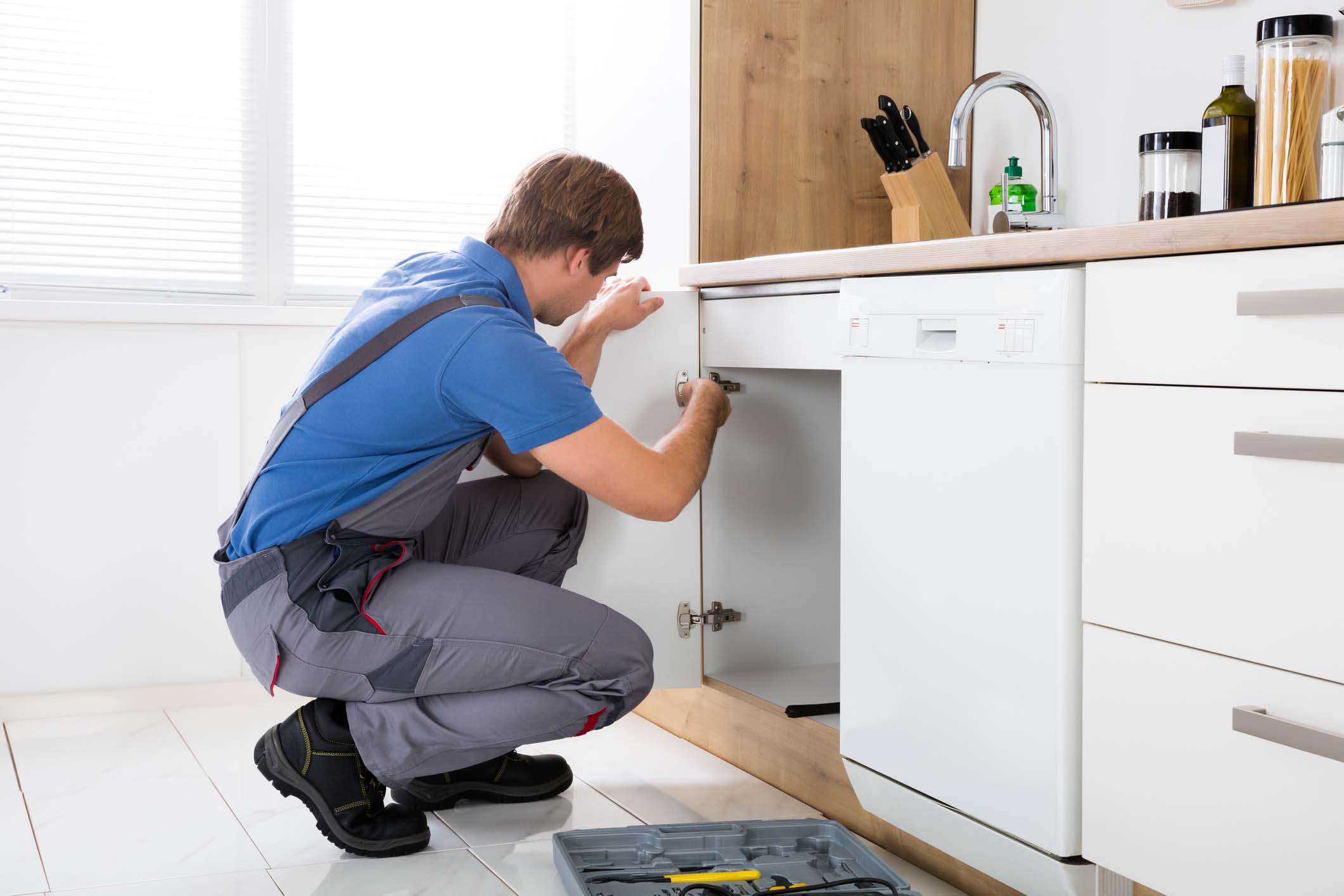How long should a kitchen last?
Investing in a kitchen is probably one of the costliest home improvements project a homeowner can undertake. Not only is a new kitchen demanding in terms of financial investment, but also in terms of time – researching and planning – as well as the disruption experienced during installation.

A kitchen refurbishment or renovation takes time, energy, and money. No wonder homeowners are keen to know how long their kitchen will last before they need to think about undertaking further work. However, it’s a tricky question to answer as there are so many factors to take on board.
On average a new kitchen should last a minimum of 10-15 years. Obviously some last more and others not so long but generally the key to a kitchen’s lifespan is the quality of materials used as well as the quality of the installation.
It’s not always necessary, however, to gut a kitchen and start again – especially if the spatial plan and ergonomics were well through initially. Smaller cosmetic alterations can often be the answer. Cabinet doors can be replaced without needing to replace the carcasses, alternatively they can be painted or stained. Handles can be updated, tiles can be replaced, a splashback behind a hob or sink or new window dressings can be installed to help alter the look and feel, and, of course, a lick of paint can go a long way.
Assume a full refurbishment is needed, then the key design and planning challenges faced are how to balance the long-lasting quality of the kitchen and all its fixtures and appliances with a modern contemporary style that won’t date too quickly whilst making sure it’s practical and fit for everyday use.
Consider wear and tear:
Appliances rarely last as long as furniture and worktops plus technology moves at such a rate that homeowners are tempted to upgrade. Depending on the type of appliance, the lifespan can vary from around 6-10 years. Manufacturers’ warrantees are generally up to two years with opportunities to extend.

Consider frequency of use:
The adage of ‘you get what you pay for’ also applies to kitchens. Generally, the better the quality of products, the longer they will last. When investing in a kitchen think about how often you use and how long you expect each of the key elements to last which will help decide on route and how much to spend. Consider how easy the worktop and units are to keep clean, how robust the hinges are, how good the aftercare support is for your appliances etc.

Consider the bigger picture:
Extending or renovating a property is one of the key reasons for a new kitchen and is often the best time as new, or updated, services and electrics can often be undertaken at the same time as a lot of the other building work making it more cost effective. Moving house or putting a property on the market also prompts changes to kitchens. Updates to a kitchen can make the property a more attractive proposition to prospective buyers who know that these rooms are the costliest to renovate. Therefore, bear this in mind when changing the layout or flow, keeping style and functionality top of mind.

Consider installation:
Unless you are a highly skilled DIYer, make sure kitchen units and appliances are fitted professionally. Far too often expensive kitchens are badly fitted which affects the finish. A well-fitted less expensive kitchen can also last longer so cutting corners on installation can be a false economy.

The Compare Network
Copyright – Insight Retail Group Ltd 2025 All rights reserved